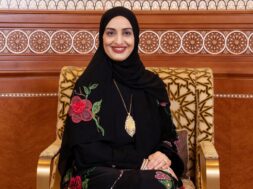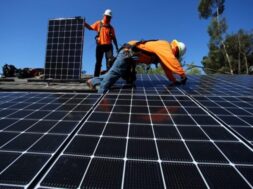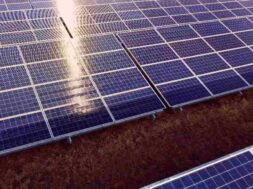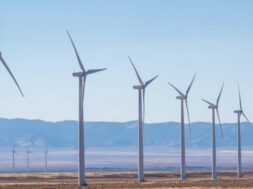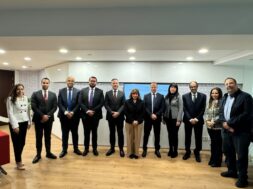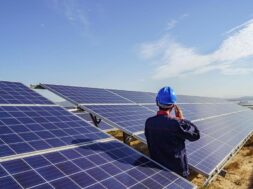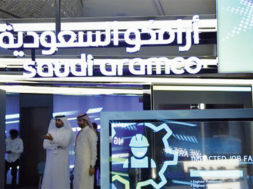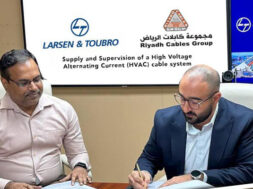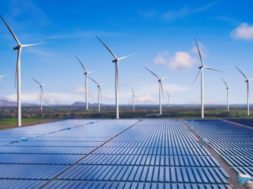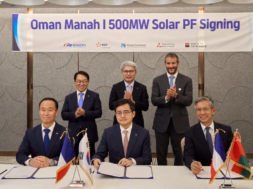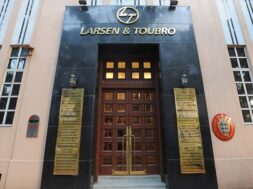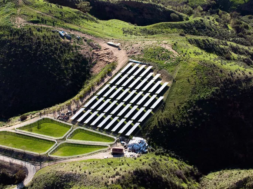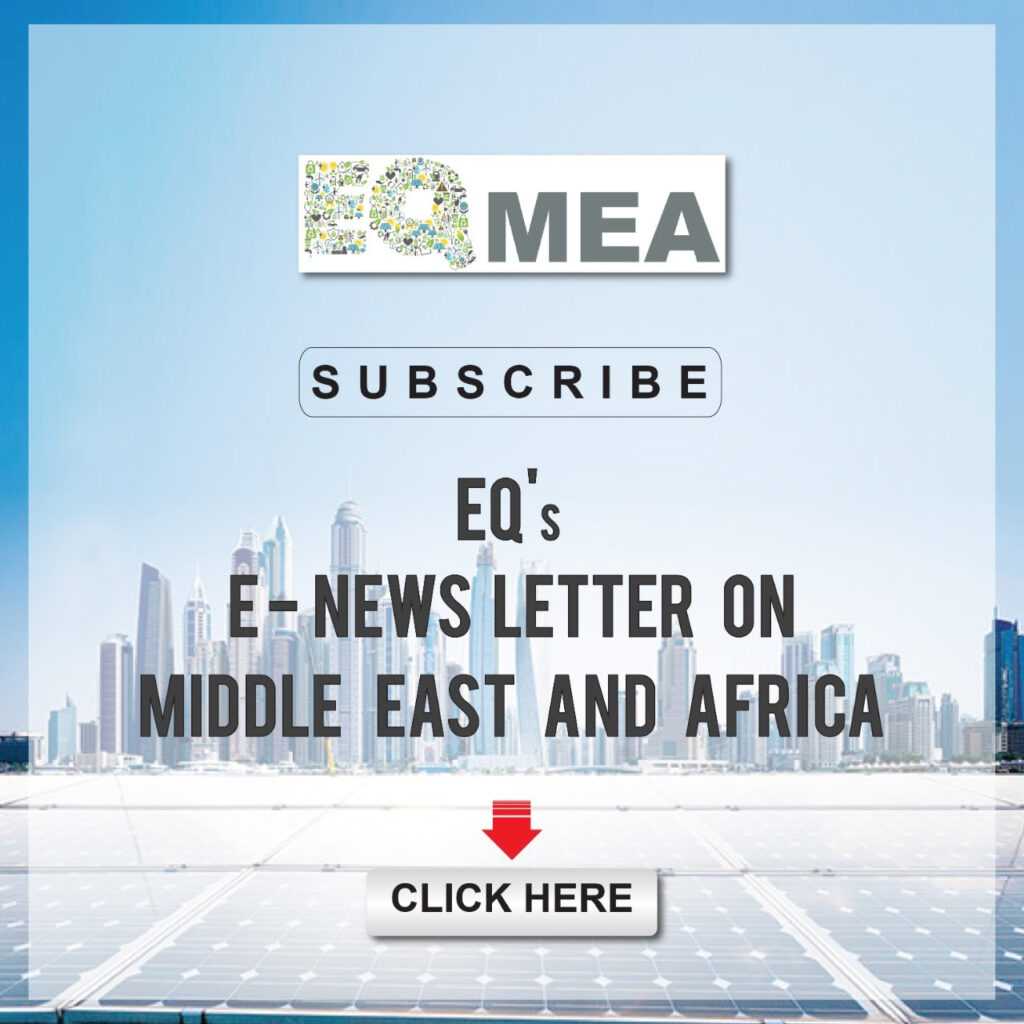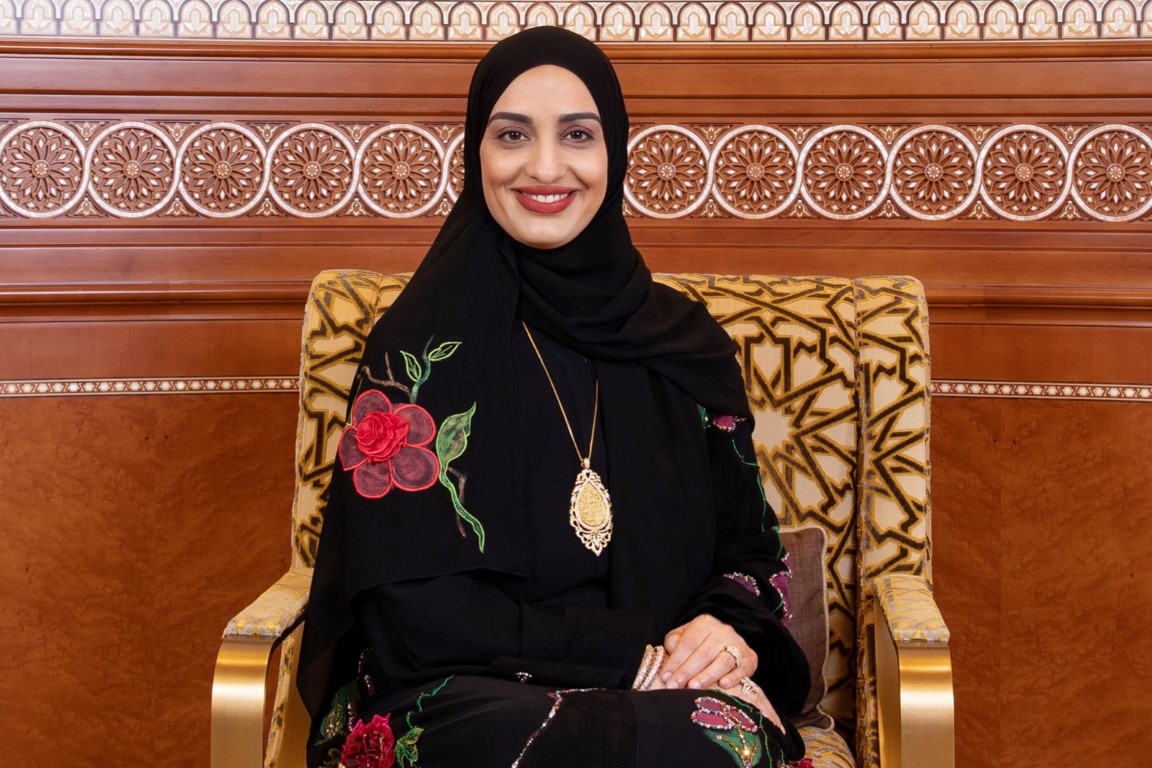
From youth-training to solar energy, MHD ACERE’s goals are perfectly aligned with the sultanate’s targets for Vision 2040
As one of Oman’s largest conglomerates operating in the sultanate for several decades now, Mohsin Haider Darwish (MHD) LLC, has borne witness to all the milestone developments the country has undertaken as it seeks to transform its economy to a diversified one and build a sustainable future for its citizens.
Having joined the company 27 years ago, Areej Mohsin Haider Darwish is now at the helm, and has been playing a key role in MHD’s business operations.
“We have seen a steady transformation through development plans with the predominant focus on economic diversification,” Areej told Arabian Business’s sister publication CEO Middle East in an interview in July.
“We have seen growth in infrastructure, logistics, smart cities, strategic development of free zones and economic diversification,” she continued.
MHD LLC was founded by Mohsin Haider Darwish, Areej’s father. Today, her son, named Mohsin, is CEO of the company’s Automotive, Construction Equipment & Renewable Energy (ACERE) division, which she is chairperson. In her roles as leader and the middle generation of the family business, Areej has gained insight into a number of areas.
Areej values the mixture of experience and youth that she and Mohsin offer MHD LLC. “My son has different thoughts and ideas on how to expand our presence and I have the experience of foresight.” However, while she recognises that handing over the corporate reins of power completely is on the horizon, Areej remains focussed on the present.
MHD LLC itself has undertaken several developments which reflect its commitment to sustainability and diversity in the workforce and highlights its alignment with Oman’s Vision 2040.
Areej tells Arabian Business how, under her leadership, MHD LLC has explored business opportunities in new sectors such as tourism, education and sustainable energy. The company’s training institutes support the upskilling of Omani youth and MHD ACERE has recently started introducing electric vehicles and venturing into solar energy business, which Areej describes as “the future of tomorrow.”
Oman’s Vision 2040 aims to increase the share of Omanis in the private sector workforce; the government has taken steps to make sure Omanisation goals are being met.
Asked what she is most optimistic about when it comes to Oman’s future, Areej says it’s the economic and business growth opportunities which would surely attract foreign global investment into the sultanate.
Indeed, in June, Oman introduced a new residency scheme for those looking to invest in the sultanate beginning from September, in the latest move to boost foreign direct investment into the country.
In a wide-reaching exclusive interview with Arabian Business, Areej explores these subjects in depth, shedding light on Oman’s Vision 2040 and revealing her conglomerate’s continued legacy in growing with the sultanate.
How are you helping to contribute to Oman’s Vision 2040?
Oman’s Vision 2040 is a developmental plan which aims at generating opportunities and stimulating growth to keep pace with the regional and global changes. It aims at development of a sustainable and diversified economy driven by the private sector. Vision 2040 focusses on diversification, sustainable economy, modernising the educational ecosystem and business growth, among other objectives. As a private sector establishment, we play a key role in Oman’s sustainable future and our goals and objectives are aligned with 2040 objectives.
With diversification as a key driver, we have explored business opportunities in new sectors such as tourism, education and sustainable energy. Diversifying our business has helped build a bigger reach.
One of Vision 2040’s strategic objectives is to develop a dynamic labour market. Omanisation is a key focus area for us and we are committed to employment of national labour. Our endeavor is to nurture the talent of our Omani workforce. Our training institute focusses on upskilling Omani youth in order to maximise their capabilities and skills. This enables them to compete in the global market.
As a board member of the UNICEF Leadership circle, the Upshift initiative was launched in collaboration with Oman’s Ministry of Culture, Sports and Youth wherein I represented the private sector. This programme aims at building skills and encouraging entrepreneurship among the Omani youth.
Besides business objectives, we are also committed to sustainable growth and development. As every industry is turning towards more environmentally-friendly technology, there is a growing trend and use of electric vehicles, which can drastically cut down on transportation costs. We have taken the lead and leveraged this opportunity by introducing electric charging stations. This is a relatively new concept but we foresee immense potential in this sector.
We also believe in creating a sustainable economy by venturing into sustainable business ventures. Sustainable energy is the future of tomorrow and working towards this, we have ventured into the solar business as conservation of energy is a national priority.
How has the government supported other businesses in Oman and how is it aligned to the nation’s broader goals?
Oman has a long-standing commitment to economic diversification. In order to achieve its long-term goals, the Omani government has endeavored to create an attractive business environment for all.
The government has taken various steps to encourage entrepreneurship and private businesses through various incentives. The efforts of the government are multi-pronged and commendable as they issued a number of legislations to stimulate the economy. The recent legislations included a law on partnership between the government and the private sector and an investment law.
Changes to Oman’s investment law have attracted overseas investors and we have seen a surge in FDI.
The government has also given many incentives which are beneficial for businesses.
The PPP law promulgated by the government encourages public-private-partnerships which form an important part of Oman’s plan for economic liberalisation which encourages private sector investment in key projects.
The sultanate also places a strong emphasis on its SME sector as they contribute to the socio-economic growth. It provides multiple benefits to SMEs in order to assist them with their expansion. Aside from the funding, Omani SMEs are supported with training and mentoring which are held in association with internationally renowned institutions. The assistance and encouragement extended by the government helps SMEs to realise their potential in the developing economy.
The business sector was severely affected as result of the Covid-19 pandemic. The government introduced a range of incentives which aimed at economic diversification and combating the economic slowdown contributed primarily by the ongoing global pandemic situation. The incentives are part of the economic diversification plans of the government and essential for leading sustainable development.
How has the business environment in Oman changed over the years?
Oman has achieved remarkable progress and prosperity in every sector of the economy and has seen a steady transformation through development plans.
This is also evident from different local and international indicators. Oman’s Vision 2040 strategy seeks to catapult the sultanate into the ranks of the world’s most developed nations. It is building a productive and diversified economy with innovation, infrastructure, education, development of workforce, sustaining national resources and modern legislative framework as its key drivers.
The business environment has seen rapid changes over the years. We have seen a surge in investment across all sectors. Leveraging its strategic location, Oman has invested in infrastructure and has become a global logistics centre.
Tourism is another sector which has expanded rapidly, with tourists and hotel establishments having doubled in number over the last ten years. Considering the sultanate’s rich and diverse set of natural, historical, and cultural attractions, this sector is poised for further growth.
Oman is actively seeking foreign investment, and as such has created a business-friendly environment which has promoted investment in manufacturing, higher education, healthcare, and renewable energy and we have seen a gradual shift from hydrocarbons to a diversified economy.
What are you most optimistic about in the next two decades?
Oman’s story over the past five decades is one of success. I am very optimistic about Oman’s growth as the economic outlook has been improving. The economic goals set by the government look promising as we have seen a shift from dependence on energy as we have diversified our economic base.
Oman has distinct advantages which makes it an ideal investment destination. In my opinion, the sultanate’s stable economy is the strongest reason for any investor to go ahead with his investments. Coupled with this, its geographic location which is characterised by the most strategically placed ports in the world also opens new horizons for investors. Its friendly policies have enabled the sultanate to establish strong bilateral ties with countries around the world and integrate with the global economy.
With the introduction of economic reforms combined with the implementation of the value added tax, the economic outlook is promising.
I am optimistic about the business environment as it is definitely poised for further growth as Oman embarks on its Tanfeedh (government initiative plans) across multiple sectors. Expansion will encourage more investors in the country to invest into projects here, while external investors will also look at Oman as a viable option. Global partnerships will expand the production base of various sectors and increase the contribution of exports to the sultanate’s GDP.
This will be a win-win situation as in the long-term this will lead to more jobs for people in the country and increased production across multiple sectors will make Oman self-sufficient across more areas.
